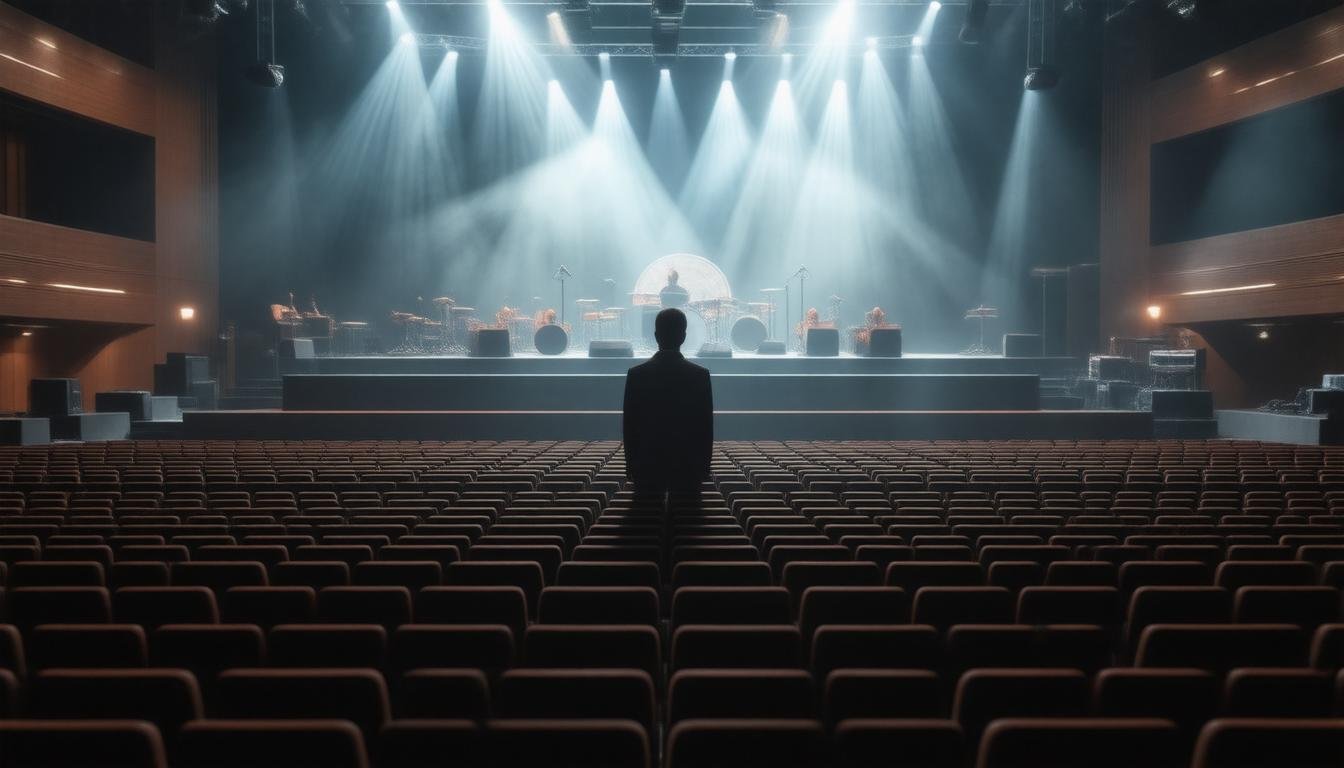In a shocking announcement that has left fans reeling, legendary musician Sting has canceled three of his U.S.
concerts due to ongoing health issues.
The news comes as a disappointment to many who were eagerly awaiting the chance to see the iconic artist perform live.
This article delves into the circumstances surrounding the cancellations, assesses the impact on fans, and explores the broader implications for the music industry.
Key Takeaways
- Sting has canceled three US concerts due to ongoing health issues.
- The cancellations have raised concerns among fans about his well-being.
- The impact of these concert cancellations extends beyond fans, affecting the broader music industry.
Overview of Sting’s Health Issues
In recent news, music fans were disheartened as renowned musician Sting was forced to cancel three of his highly anticipated U.S.
concert dates due to health issues.
The announcement raised concerns among his loyal audience about the impact of his health on upcoming performances.
Despite his storied career and resilience, this setback serves as a reminder of the unpredictability of live entertainment.
The cancellations, confirmed in a detailed report by CNN, highlight the importance of artists prioritizing their health and well-being, which ultimately impacts their ability to deliver quality performances.
Fans eagerly await updates on Sting’s recovery, hoping for a swift return to the stage.
Stay tuned for more information as the situation develops and we wish Sting a speedy recovery.
Impact of Concert Cancellations on Fans and the Music Industry
Concert cancellations can have a profound impact on both fans and the music industry at large.
When beloved artists like Sting are forced to cancel performances due to health issues, fans are left disheartened, often feeling a deep sense of loss and disappointment.
For many, attending a live concert is more than just a night out; it’s an emotional experience, a chance to connect with their favorite artists and share unforgettable moments with friends and fellow fans.
On the other hand, the music industry bears significant financial repercussions.
Each canceled event represents lost ticket sales and revenue that could have benefited venues, staff, and local economies.
Furthermore, the ripple effects can extend to tour promotion and the future scheduling of other dates, complicating an artist’s ability to maintain momentum.
As the COVID-19 pandemic taught us, the fragility of live events underlines the need for both fans and the industry to adapt and respond to unforeseen challenges while finding new ways to connect with music lovers.


